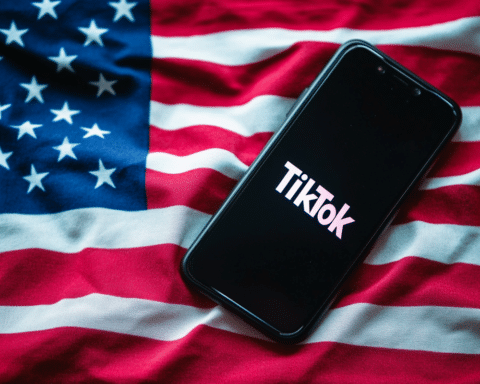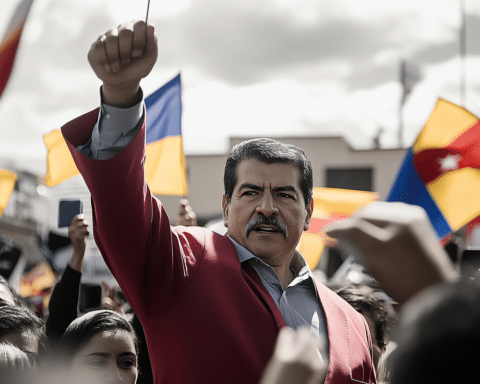Meta’s Oversight Board has ruled that the phrase “From the River to the Sea,” commonly used by pro-Palestinian demonstrators, does not violate the company’s hate speech policies. This decision comes amidst increasing debates over the slogan, with critics claiming it calls for the abolishment of the Israeli state, while supporters argue it advocates for Palestinian rights and sovereignty.
The phrase refers to the land between the Jordan River and the Mediterranean Sea and is often used at demonstrations supporting Palestinian independence and equal rights. Opponents, including organizations such as the Anti-Defamation League, have argued that it is antisemitic and tied to extremist groups like Hamas. They point out that the phrase appears in Hamas’ 2017 charter and accuse it of being a rallying cry for violence against Israel.
However, the Oversight Board, tasked with reviewing Meta’s appeals process on platforms like Facebook, Instagram, and Threads, found no direct connection between the slogan and calls for violence in the cases it reviewed. The Board looked into three instances where Meta users posted content featuring the slogan. Initially, Meta removed the content without human review, citing concerns over potential hate speech. These decisions were later overturned after the users appealed to the Board.
In its findings, the Board noted that the phrase was used in these cases as an expression of solidarity with Palestinians, without any language that promoted violence or endorsed Hamas. The posts in question did not glorify Hamas, an organization that Meta classifies as dangerous, nor did they include threats of physical harm or incitement to violence. The Board acknowledged that while the phrase has been used by Hamas, its broader usage varies, with many individuals and groups using it in different, non-violent contexts.
The ruling underscores the ongoing challenge Meta faces in balancing free speech with content moderation, particularly during politically charged conflicts. The Board’s decision reflects the tension between protecting political expression and addressing potentially harmful language. The Board also recognized that different interpretations of the slogan exist, making it crucial to evaluate context before removing content.
This decision has brought renewed attention to the slogan, which has been the subject of controversy even before the recent Israel-Hamas conflict. The phrase has long been used at protests, and tensions surrounding its meaning have only intensified in the wake of ongoing violence. The conflict, which began after Hamas attacked Israel on October 7th, has resulted in the deaths of more than 40,000 Palestinians, with over 1,200 Israelis killed and 250 taken hostage. Demonstrators calling for an end to the war have frequently invoked the slogan, both in the U.S. and abroad.
The slogan’s use has sparked legal and political actions. In Germany, using the phrase “From the River to the Sea” is now considered a criminal offense. In the U.S., a Black Muslim Arab American teacher in Maryland faced disciplinary action for using the phrase in her email signature, which led to a discrimination complaint filed by the Council on American-Islamic Relations (CAIR). Additionally, U.S. Congress member Rashida Tlaib was censured for using the phrase during her public statements, adding to the ongoing political controversy surrounding its use.
Meta is also expanding its content moderation policies, particularly around hate speech. In July, the company announced it would remove posts using the term “Zionist” if it appears in conjunction with antisemitic tropes or dehumanizing rhetoric. This expansion is part of Meta’s broader effort to more effectively manage speech during conflicts, as highlighted by the Oversight Board’s latest decision. The Board emphasized the importance of data access to assess Meta’s content moderation practices during such critical moments and stressed the need to track content attacking individuals based on protected characteristics.
As debates over free speech and hate speech continue, Meta’s decision is likely to fuel further discussions about the responsibilities of social media platforms in moderating political discourse, especially during times of conflict. The company remains at the forefront of these issues as it seeks to navigate the complex balance between free expression and preventing harmful content on its platforms.





